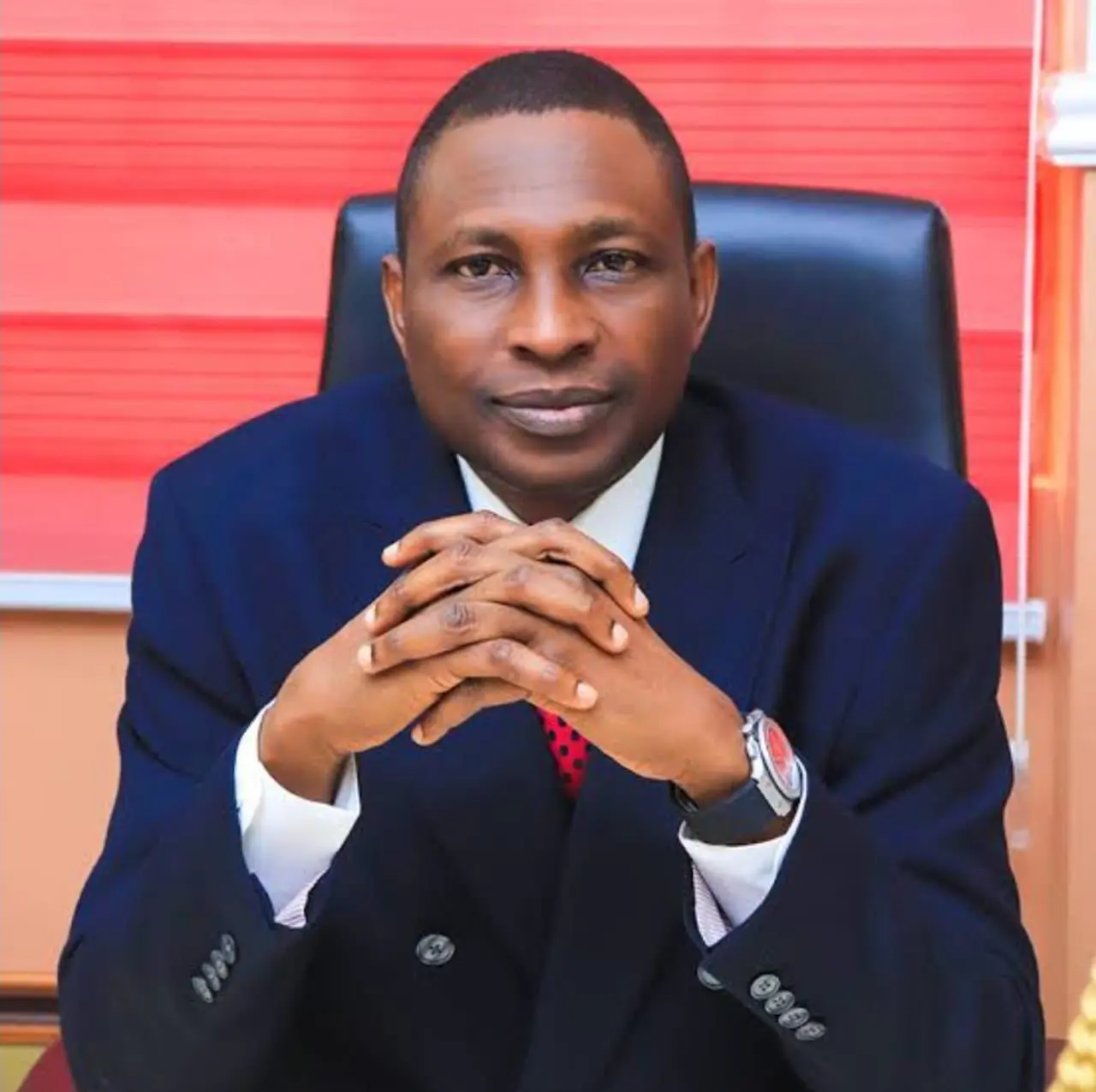After years of waka waka and landlord palava, journalists in the Federal Capital Territory (FCT) may soon hang their boots—at least when it comes to rent wahala.
The Minister of Housing and Urban Development, Arc. Ahmed Musa Dangiwa, has given strong assurance that the long-envisioned Journalists’ Village for members of the Nigeria Union of Journalists (NUJ) FCT Council is no longer a pipe dream—it is on its way to becoming brick and mortar reality.
Speaking at the NUJ FCT Council Press Week Lecture and Awards Ceremony in Abuja on Tuesday, Dangiwa didn’t just come with grammar—he came with plans. Real ones.
“To Chairman, NUJ FCT chapter, I want to assure you of our previous engagement and discussions towards having the journalists’ village in the FCT… Your dream will become a reality,” the Minister declared.
According to him, the ministry will work hand-in-hand with the Federal Mortgage Bank of Nigeria and Cooperative Housing schemes to make land available, and from there, it’s full steam ahead to building the estate.
In Nigerian speak, it’s not just promise and fail. Dangiwa is anchoring the project within President Bola Tinubu’s Renewed Hope Agenda, under the Renewed Hope Housing Programme and National Urban Renewal Initiative. Fancy names, yes—but the goal is simple: affordable housing for all.
Press, Pen and Place to Sleep
Journalists are often the first to break stories but the last to enjoy the benefits of a thriving society. Many live on the edge—chasing deadlines by day and rent by month-end. That’s why this proposed estate is more than buildings—it’s a statement.
The NUJ FCT Chairperson, Grace Ike, couldn’t have put it better.
“Our goal is simple: provide decent, affordable homes for journalists and their families in the heart of the nation’s capital.”
She listed the housing project as a top priority for her administration, alongside plans to modernise the NUJ Congress Hall, complete the Pentagon Hall, get a coastal bus, and create a welfare scheme for members. In other words, no more trekking to cover press briefings. Maybe.
“This is not luxury,” she added. “It’s about dignity, about investing in the lives of those who hold the microphone to power.”
A Toast to Press Freedom (and Shelter)
Dangiwa, a trained architect and advocate of open society, also used the event to highlight the critical role of journalism in a rapidly changing world.
He stressed the need for stronger legal protections for media professionals and better funding for independent media outfits.
“We need to make sure every journalist feels safe, respected and supported… Journalism matters because democracy doesn’t just depend on elections. It depends on information.”
In an age where misinformation flies faster than breaking news, and online trolls are just a tweet away, Dangiwa acknowledged the risks of modern journalism. But he also encouraged the press not to back down.
From Byline to Title Deed
If all goes according to plan, many journalists in Abuja could go from being tenants to landlords in the not-so-distant future. For a profession that often demands everything and gives very little in return, that’s a powerful shift.
Of course, Nigerians have seen promises come and go like seasonal rains. But this time, there’s real movement—real dialogue with FMBN, real plans for land, and real political will. Maybe, just maybe, the era of “journalist no dey chop news” is finally ending.
And who knows? Someday soon, when a weary reporter closes their laptop after a long day of holding the government accountable, they’ll walk into their own home—not just someone’s boys’ quarters.
Now, that’s a headline worth printing.





